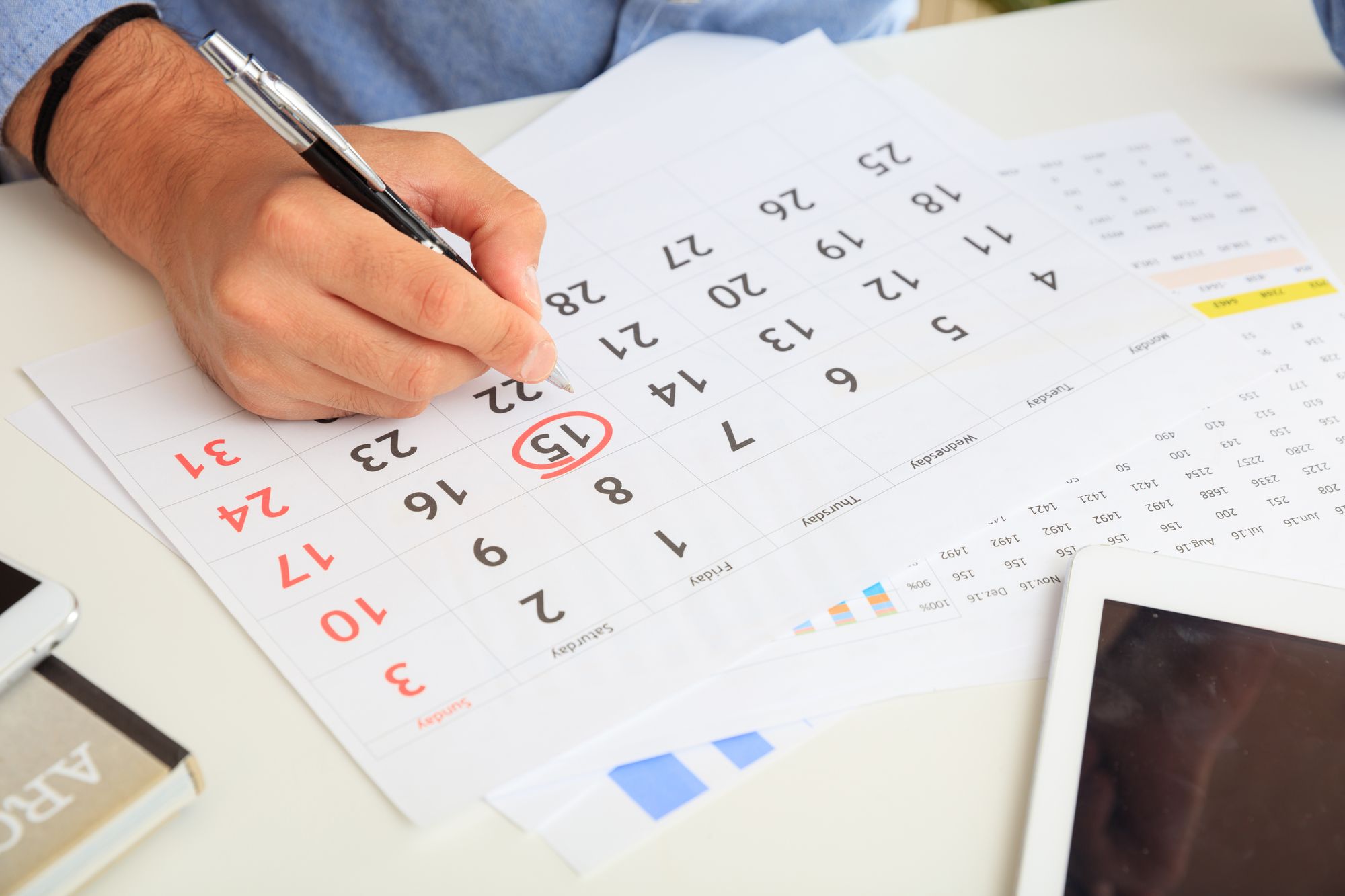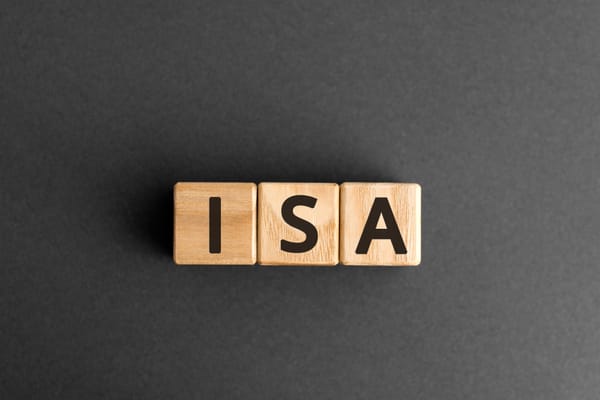Understanding UK Income Tax

I am not sure if this is my perception or a genuine reality for those in the UK, but I do not feel many people truly understand the amount of income tax they pay and how it is calculated. I know I certainly didn't until much later than I would like to admit. So if you are new to the UK or simply need a few pointers, the below will set you down the right path to understanding a key part of UK life.
What is Income Tax?
Income tax is a mandatory contribution that individuals pay to the government based on their earnings. It's used to fund public services like healthcare, education, and infrastructure.
Income Tax Bands and Rates

The UK has a tiered system with different tax bands. As of the tax year 2023-2024:
- Personal Allowance: Up to £12,570 - No tax
- Basic Rate: £12,571 to £50,270 - 20% tax
- Higher Rate: £50,271 to £125,140 - 40% tax
- Additional Rate: Over £125,140 - 45% tax
It is important to note that all tax bands up to and including the band where your income falls within. This means that the first £12,570 will not be taxed, then from £12,571 to £50,270 will be taxed 20%. After talking to some friends and family about this, I found some had thought that if you hit the 20% or 40% tax band, it applied to your whole salary. HMRC - Income Tax Rates and Allowances
National Insurance
In addition to income tax, you'll also pay National Insurance contributions. These funds support state benefits like the National Health Service (NHS) and the State Pension. HMRC - National Insurance Contributions
PAYE (Pay As You Earn)
Most employees have their taxes automatically deducted from their paychecks through the PAYE system. Your employer will calculate and deduct the appropriate amount.
Self-Assessment
If you're self-employed, have rental income, or other untaxed income, you might need to file a Self-Assessment tax return. This involves reporting your income and expenses to calculate your tax liability. HMRC - Self-Employment
Tax Year and Deadlines

The UK's tax year runs from April 6th to April 5th. The deadline for submitting Self-Assessment tax returns is usually January 31st following the end of the tax year.
Tax-Free Allowances and Deductions
Certain tax reliefs and allowances can reduce your tax liability. These include Marriage Allowance, Blind Person's Allowance, and deductions for pension contributions.
Student Loan Repayments
If you have a student loan from your UK studies, repayments are automatically deducted from your earnings if your income exceeds a certain threshold.
Tax Codes
Your tax code is used by your employer to determine how much tax to deduct from your pay. Make sure it's accurate and updated if necessary. HMRC - Tax Codes
Seek Professional Advice
Income tax can be complex, especially if you have various income sources. Consider consulting a tax advisor or using online resources from the HM Revenue & Customs (HMRC) website for accurate guidance.
Remember, this overview is just a starting point. Be proactive in understanding your tax obligations to ensure you're compliant and making the most of any available allowances. For more detailed information, visit the HMRC website or consult a tax professional.
Subscribe to receive more helpful UK insights!
The aim of the blog is to support anyone planning on (or is already) living in the UK. If you would like regular tips and insights on UK life, make sure you subscribe and stay updated. I will soon be releasing a comprehensive UK life guide covering all the major topics a newcomer needs to set up a successful life here!



